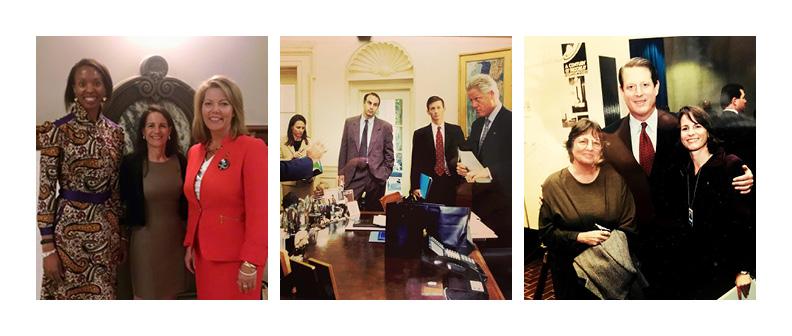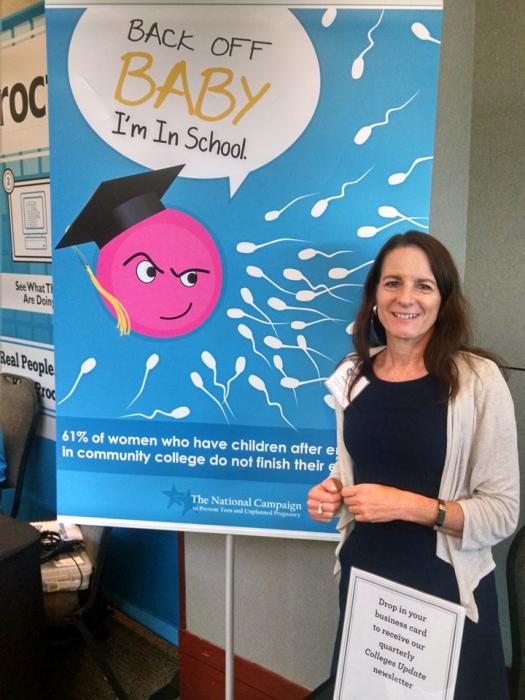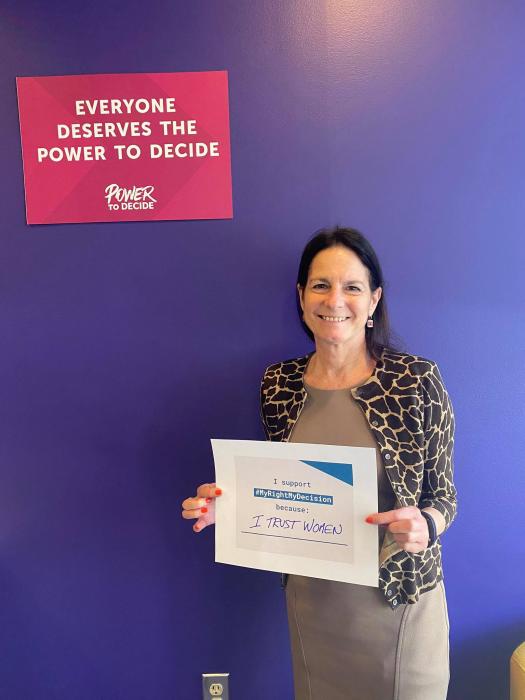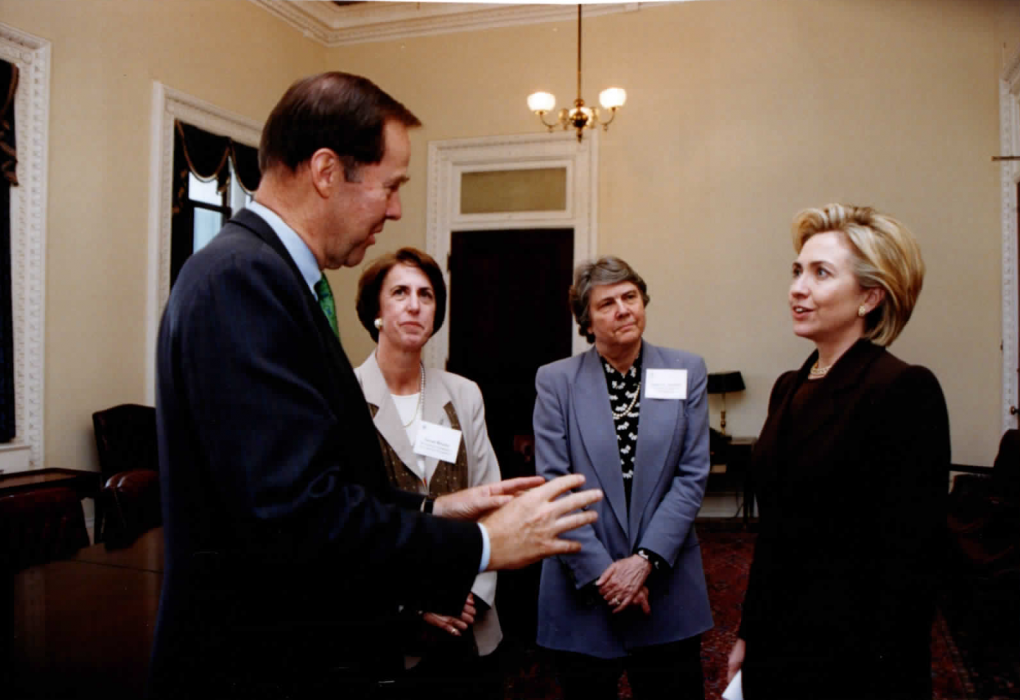The History Behind It All
The Contraceptive Equity Initiative is a new effort from Power to Decide to use our expertise, tools, and assets to address barriers to birth control access.
The Contraceptive Equity Initiative honors three pioneers in the field of reproductive health, each with a deep commitment to the mission of Power to Decide: Belle Sawhill, Sarah Brown, and Andrea Kane.
Belle Sawhill co-founded Power to Decide in 1996 and served as President of the organization for 21 years. It was her vision that shaped the organization and provided intellectual leadership. Throughout the years Belle also provided mentorship and guidance to both Sarah and Andrea and served as Board President until 2019. She has authored or edited numerous books, including The Forgotten Americans, An Economic Agenda for a Divided Nation; Generation Unbound; Creating an Opportunity Society (co-authored with Ron Haskins); and, along with co-author Richard V. Reeves, A New Contract with the Middle Class. She is currently a Senior Fellow in Economic Studies at The Brookings Institution.
Founding Power to Decide CEO, Sarah Brown, led the organization for its first 20 years. Her leadership was critical to the organization’s success in reducing teen and unplanned pregnancy in the US. Her strategic vision, her commitment, and her wisdom were critical to the organization’s achievements, including contributing to a 74% reduction in teen pregnancy between 1990 and 2017. Sarah was Senior Study Director at the Institute of Medicine, where she authored The Best Intentions: Unintended Pregnancy and the Well-Being of Children and Families.
In 2021, sadly, we lost Andrea to cancer. An outstanding professional and a friend to all she met, Andrea dedicated more than 20 years of her career to developing and nurturing Power to Decide’s public policy efforts. Before Power to Decide, Andrea was affiliated with the Brookings Institution's Center on Children and Families and served at the White House Domestic Policy Council as a special assistant to President Clinton. Andrea was co-author of the book Welfare Reform and Beyond.
This trio had a lot in common: a rock-solid commitment to evidence-based policy solutions, a willingness to push past conventional wisdom in search of innovative solutions, and an ability to pitch a big tent and navigate both sides of the aisle for the benefit of people across the country. We will seek to embody these attributes in the Initiative.









